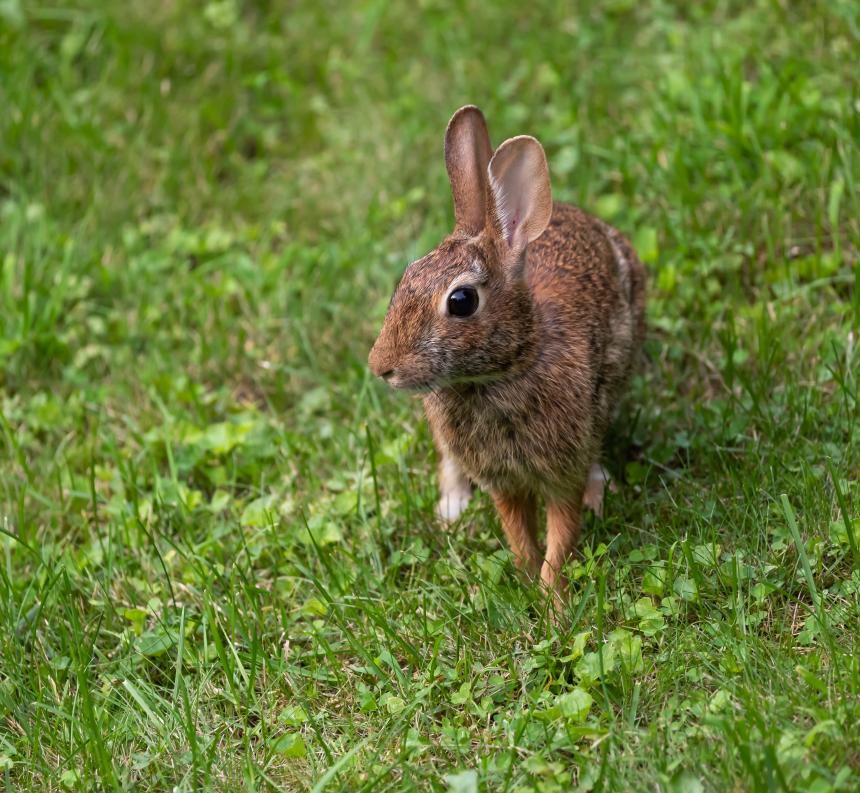In the News

For Your Information
May 29, 2020
Keeping New York State wildlife rehabilitators informed and prepared for emerging disease threats is an important part of surveillance and prevention at the Cornell Wildlife Health Lab.
Video
May 20, 2020
On May 20, 2020, we hosted a panel discussion for current Cornell DVM students interested in wildlife health-related careers.

March 09, 2020
At a critical time for the future of life on Earth, The College of Veterinary Medicine announces the establishment of the Cornell Wildlife Health Center. The new center focuses on catalyzing multidisciplinary collaboration to address wildlife health challenges worldwide, while immersing students in unique learning experiences at home and abroad.

October 02, 2019
The Cornell Wildlife Health Lab has created StaPOPd, an interactive online tool that helps calculate how many plants or animals need to be introduced into a habitat in order to establish a stable population - a critical piece of information for conservation projects.

For Your Information
October 01, 2019

June 27, 2019
Cornell's Dr. Krysten Schuler was invited to provide her expert testimony and recommendations on combating chronic wasting disease (CWD) to the U.S. House of Representatives Committee on Natural Resources.

When the Cornell Wildlife Health Lab investigates mortalities in wildlife, our specially trained pathologists use diagnostic tools to crack the case....

Announcement
May 31, 2019
Cornell Wildlife Health Center team members recently received two Atkinson Center for a Sustainable Future grants. Dr. Martin Gilbert and colleagues and will be exploring the effects of human-leopard interaction on food security and public health in Nepal, and Dr. Krysten Schuler and team will test an awareness campaign that promotes non-lead ammunition to reduce the threat of lead toxicity to people and ecosystems.

June 14, 2018
"Bobcat Fever" (Cytauxzoon felis) is an emerging disease caused by a blood parasite that can affect domestic cats. Cornell Wildlife Health Center scientists are developing a diagnostic test to evaluate its distribution in New York, and determine if and how bobcat and domestic cat health may be connected.

June 05, 2018
In this feature article, Wildlife Watchers, learn how Cornell Wildlife Health Center scientists are turning discoveries into real-world solutions, and how our research and surveillance protects nature across New York State.
